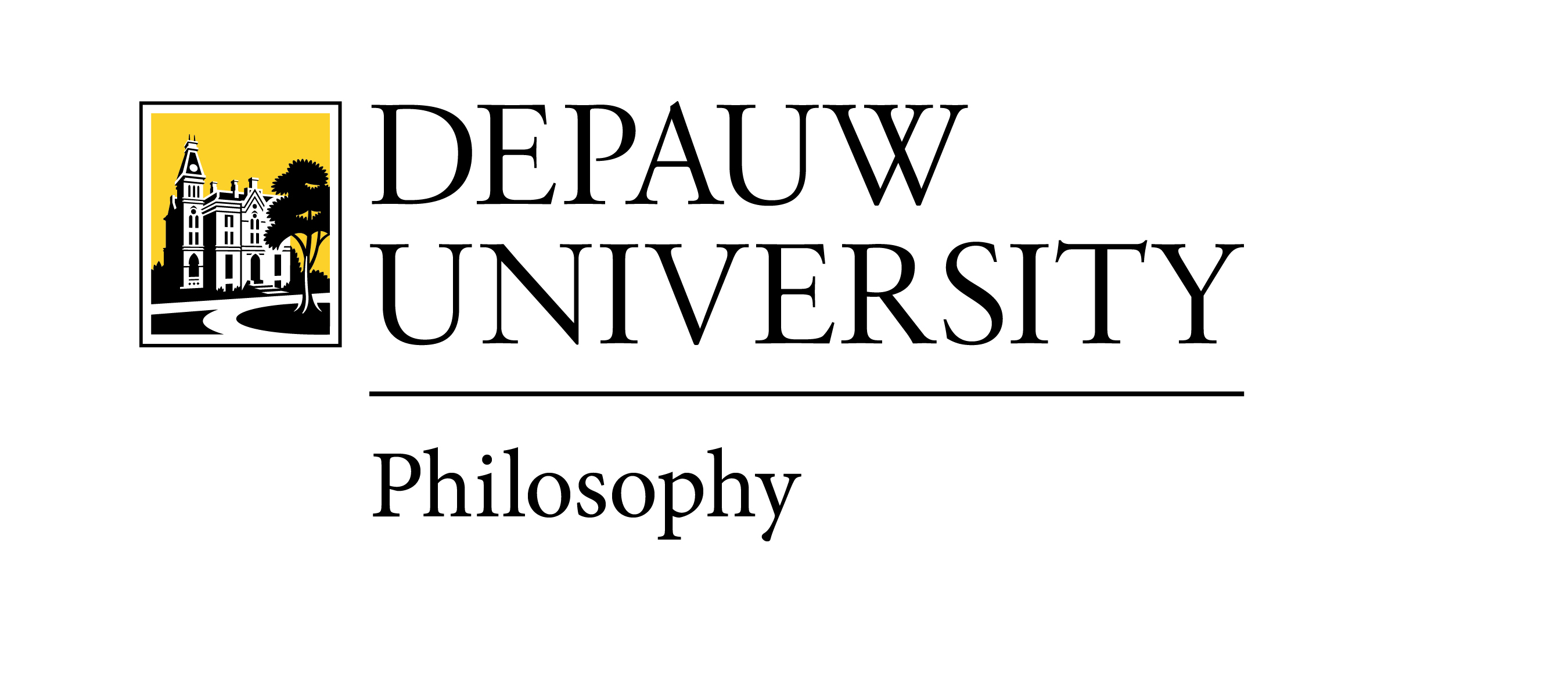Document Type
Article
Publication Date
8-25-2022
Abstract
The logical argument from evil, generally thought to have been defused by Alvin Plantinga’s free will defense, has been reinvigorated by James Sterba’s exposition and defense of a new version of the argument that draws on recent work in moral philosophy. Whereas J.L. Mackie’s argument uses what can now be seen to be overly simplistic principles to try to establish a logical incompatibility between the existence of God and any evil at all, Sterba’s argument uses more sophisticated moral principles and seeks to establish a logical incompatibility between the existence of God (specifically, the God of Perfect Being Theology) and specific sorts of evil that our world contains. Here, I provide a brief exposition of Sterba’s argument and then sketch one possible theistic response to the argument. On the basis of that discussion, I conclude that Sterba’s argument is not decisive as it stands. However, I then develop a revised version of Sterba’s argument and argue that the Perfect Being Theist faces the following dilemma: she can answer the revised version of Sterba’s argument only by accepting a position that is deeply at odds with commonsense morality. Therefore, although Sterba’s argument does not quite succeed, it points us in the direction of a serious problem for Perfect Being Theism.
Recommended Citation
Wielenberg, Erik J. 2022. Sterba’s Logical Argument from Evil and the God Who Walks Away from Omelas. Religions 13: 782. https://doi.org/10.3390/rel13090782



Comments
Copyright: © 2022 by the author. Licensee MDPI, Basel, Switzerland. This article is an open access article distributed under the terms and conditions of the Creative Commons Attribution (CC BY) license (https:// creativecommons.org/licenses/by/ 4.0/)